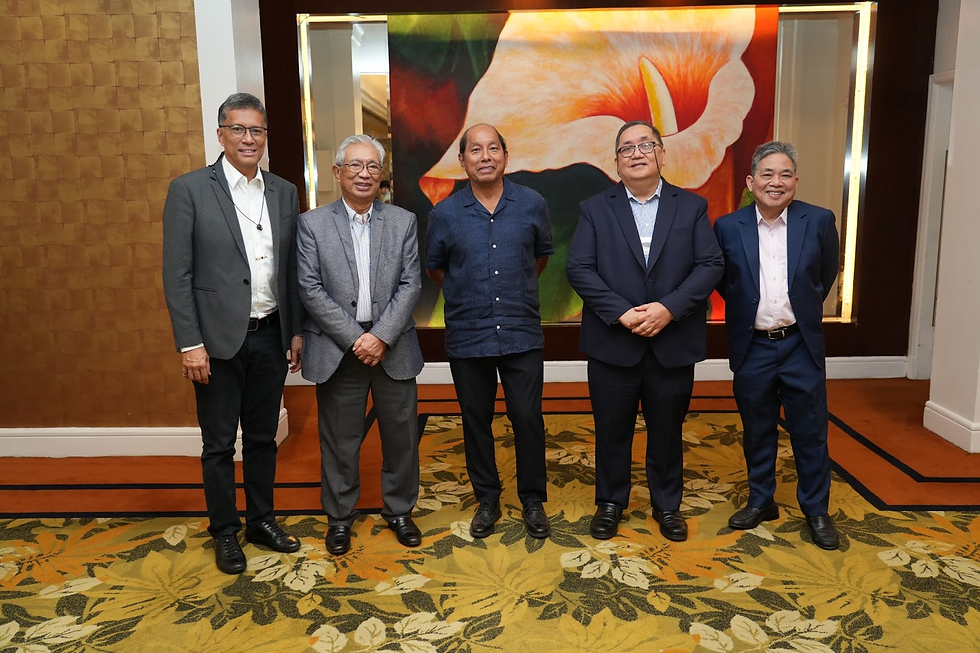PROTECT THE FILIPINO YOUTH FROM THE PERILOUS RISE IN SMOKING, YOUTH GROUPS URGE LAWMAKERS
- Action for Economic Reforms
- Mar 23, 2012
- 2 min read
Press Release— Action for Economic Reforms— March 19, 2012
THE NEWS that two out of five young Filipinos may have been regular smokers in 2011 has gotten youth groups up in arms against the country’s current tobacco tax regime.
Distressed by smoking trends exposed by the National Youth Commission in a recent press conference, representatives of the youth sector rallied to the Lower House last Monday to shore up support among lawmakers for the Malacañang-endorsed version of the sin tax reform bill.
“The message we’re bringing to our legislators is really quite simple,” said Ninian Sumadia, Campaign Officer of Akbayan Youth. “Most of the Filipino youth are now in danger of the health risks of cigarette smoking. The immediate passage of new sin taxes is our best bet to counter this.”
The advocates cited NYC projections on how teenagers are even more hazarded by exposure to second-hand fumes. In these estimates, 3 out of 5 Filipinos aged 13-15 were found to share homes with tobacco users in 2011. 4 out of 5, meanwhile, resided in areas populated with chronic smokers.
“These new rates are just appalling,” stressed Sumadia. “We already know that smoking will eventually kill most of these people— many of them even before their mid-thirties— if nothing is done soon. Why are we still allowing them easy access to poison?”
Despite the boom in anti-smoking education efforts over the past decade, these attempts to curb tobacco usage have proven markedly ineffective. In past Global Youth Tobacco Surveys, the share of the Filipino youth who believed that smoking was harmful to their health declined by 4.21% between 2003 and 2007. During that same time period, youth smoking lunged forward by 40%.
But on the other hand, raising the price of cigarette products has been universally acclaimed as the most effective way to curtail their consumption. Last week, in fact, authorities like the WHO and the Southeast Asia Tobacco Control Alliance backed the administration’s proposed sin tax restructuring.
“The reason why teenagers are hooked is really because cigarettes are so cheap,” claimed Migs Angeles of the Student Council Alliance of the Philippines. “If you look at it that way, these figures aren’t that shocking. We know after all that this country has some of the cheapest cigarettes in Asia.”
In a 2010 SEATCA report, the Philippines was revealed to have the lowest prices of cigarettes in the ASEAN region. Moreover, from 2000 to 2010, the real price of cigarettes in the country sunk between 9 to 18%. It will continue to do so unless the current tobacco tax system is reformed.
“Education campaigns are important, of course,” added Angeles. “But the root of the issue is that cigarettes are just too affordable. If our congressmen are really committed to providing a healthier future for the youth, then they should cast their solid support for the government’s sin tax bill.”
As the battle for the sin tax reforms rages on in the Congressional Ways and Means Committee, these youth organizations form the latest sector to ally with the multisectoral front struggling to defend the Philippine’s young and poor from a brewing national health catastrophe.
The fate of future victims of tobacco-related diseases among today’s youth hangs in the balance.



